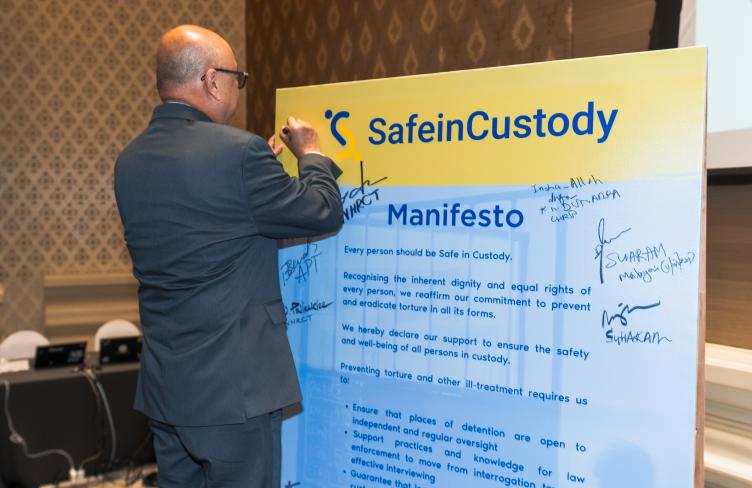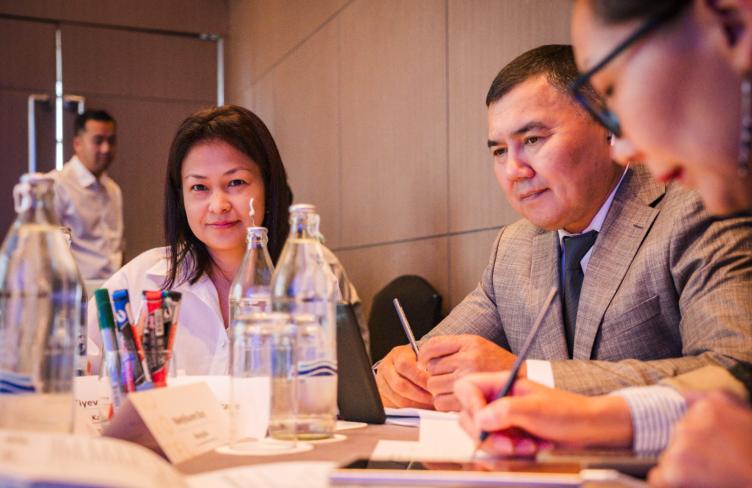
A growing number of African National Human Rights Institutions (NHRIs) are given the mandate as National Preventive Mechanism (NPM) under the Optional Protocol to the Convention against Torture (OPCAT). This comes with opportunities but also with some challenges discussed during a workshop in Kigali in November. Representatives of ten NHRIs that have been – or are likely to be – designated as NPM, shared good practice and innovative solutions to common problems and started building a community of practitioners.
Implementing a new preventive approach within existing NHRIs allows for interesting synergies but also bears specific challenges. The workshop enabled interesting peer-to-peer discussions between already operational NHRIs as NPM (such as Mali, Mauritius and Mozambique); NHRIs which legal basis has been (Togo) or is currently being revised (such as Rwanda and Morocco); as well as possible future NHRIs as NPMs (Ghana, Cameroon, Comoros, Ghana, Mozambique, South Africa).
The importance to ground the new mandate in a legal basis was discussed and considered as essential to help reinforce NHRIs ability to conduct their monitoring work, while protecting them from reprisals. Other issues such as structural aspects of autonomy, decision-making processes and complementarity were also discussed.
Organised by the APT in cooperation with the Network of African NHRIs (NANHRI) and the Rwandan NHRI, the event took place just before the NANHRI biennial conference and its 10th anniversary event. It built on a three-year APT-NANHRI project “A Continent United against Torture” that worked to build the capacity of African NHRIs in key torture prevention fields.
The outcome of the meeting also included a recommendation to NANHRI to facilitate this kind of regular meeting of African NHRIs with an NPM mandate in the future, as well as to make the OPCAT and NPM issues a standing item on the NANHRI agenda.



